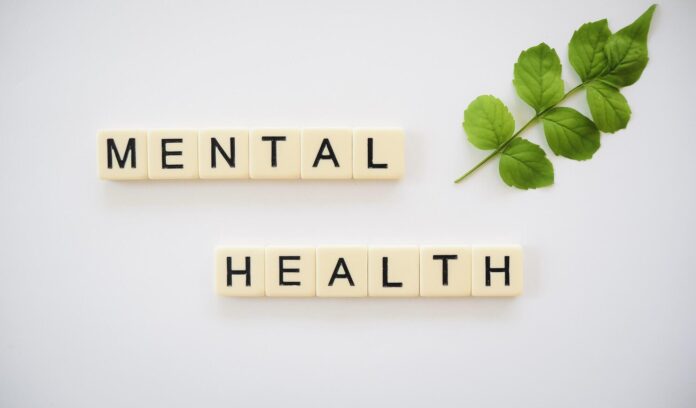Mental wellness draws attention because it touches every part of life. It sparks curiosity about how the mind influences the way we live and interact with others. People begin to see that exploring this topic can open new ways of understanding themselves and those around them.
The interest grows when the idea of balance feels within reach. Desire forms as individuals picture a life guided by clarity and calm. Action begins with choosing to learn more and taking the first step.
In this blog, we will discuss ways to overcome common misconceptions about mental wellness.
Breaking Down the Myth of “Strength Equals Silence”
Many people believe that staying silent is a sign of strength, but silence often serves to build distance. Speaking up creates a space where struggles can be shared instead of hidden. When communication is open, people discover that reaching out is a true measure of resilience.
This myth has endured because silence was once regarded as a noble virtue. Today, progress shows that openness builds connection and trust. Breaking this pattern encourages honesty, which supports mental well-being and healthier lives.
Challenging the Belief That Mental Health Is a Personal Weakness
Mental health is often misunderstood as a flaw, but it is not a weakness. Everyone experiences challenges that shape emotions and thoughts. Recognizing this helps remove harmful views that keep people from seeking help.
Good mental health comes from balance, not from pretending to be unaffected. Accepting this truth helps shift the focus from blame to care. With this change, society can grow stronger and more compassionate toward each person’s journey.
Why Open Dialogue Builds Trust and Acceptance
Conversations create understanding where silence cannot. When people talk openly, it reduces shame and encourages others to listen without judgment. Dialogue makes it clear that experiences are shared, not faced alone.
Trust develops when individuals feel heard and respected. This acceptance builds a stronger bond in families, friendships, and communities. Over time, open dialogue becomes a foundation for lasting acceptance and healthier relationships.
The Role of Education in Shaping Healthier Perspectives
Education changes how people view mental well-being by replacing myths with facts. Learning about the mind helps reduce fear and misunderstanding. Clear knowledge makes it easier to see mental health as part of overall health.
Schools, communities, and families all play a role in this shift. When education is shared, people grow more open and caring. This process builds a culture where everyone values seeking good mental health.
Supportive Practices That Encourage Emotional Well-Being
Supportive practices help remove barriers and replace judgment with care. They create an environment where people can feel safe in expressing their emotions. Reducing the stigma around mental health helps encourage openness and growth.
Practical steps like active listening and compassionate response promote trust. These actions make it easier for people to reach out when needed. Over time, supportive practices lead to stronger emotional connections and healthier ways of living.
Building a Strong Future with Mental Wellness
Mental wellness opens the door to a clearer, steadier way of living. It allows people to see that growth is possible when challenges are faced with honesty. Choosing this path helps build trust, balance, and a deeper understanding in daily life.
Taking action starts with small steps toward awareness. Each choice creates a chance to strengthen connections and support a healthier mindset. Begin today and move toward a future guided by care and stability.
Did this article help you? Browse our blog for more interesting topics.
